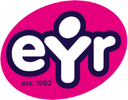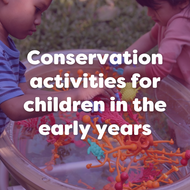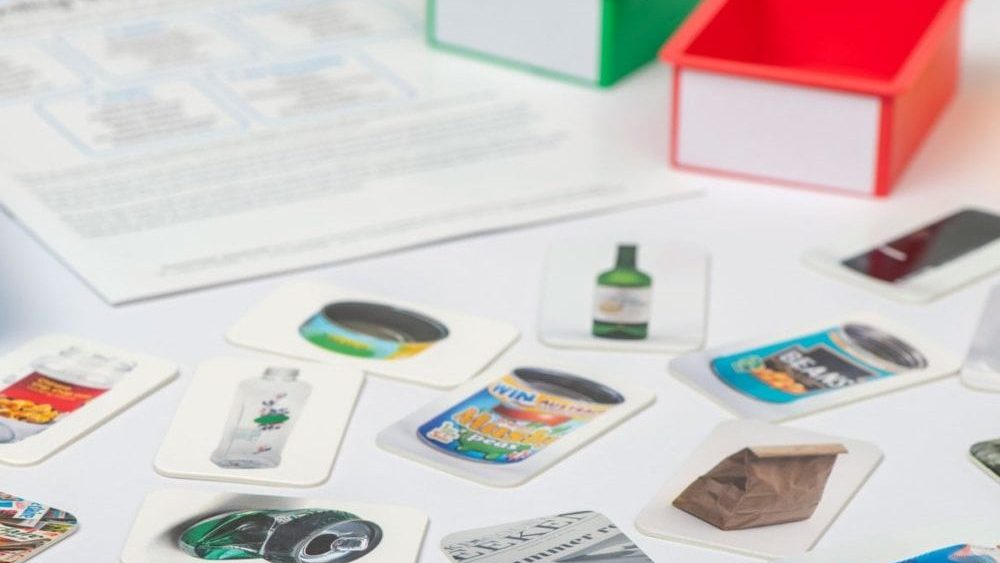Conservation Classroom Activities For Early Years
Posted by EYR Team on 25th Dec 2023
read more
In a world where fostering a deep connection to our planet is vital for future generations, instilling a sense of environmental responsibility from a young age is essential. In this blog, we suggest four engaging and age-appropriate Earth conservation classroom activities tailored for early years which you can do in any setting.
What does conservation mean?
Conservation is the dedicated effort to protect and preserve the Earth's natural resources, biodiversity, and ecosystems. It involves taking responsible actions to prevent the extinction of valuable plants, animals, and environments, ensuring their availability for both present and future generations.
Teaching young children about environmental conservation early on helps them love and protect nature as they grow up.
4 earth conservation activities for early years
1. Learning about sea turtle conservation
The focus of this activity is on sea turtle conservation, enabling children to play while learning about responsible environmental practices.
Introduce children to sea turtles through stuffed toys or books. Create a small world turtle habitat using sand or playdough, and form a "nest" is formed on the sandy beach. Mimic the nesting process by gently placing a toy turtle within the nest and arranging shells to represent turtle eggs. This interactive setup leads to conversation about protecting these nests, highlighting the importance of maintaining clean beaches to prevent harm to sea turtles caused by litter.
By participating in the cleanup and reflection phase, children grasp the concept that their actions, no matter how small, can contribute to a healthier environment and a brighter future.
2. Gardening for the bees
One of the best ways to learn about environmental conservation is to create your very own nature garden for local wildlife. Not only will the bees benefit from the wealth of pollen and nectar that flowers provide, children and adults will all enjoy the relaxing atmosphere which gardens supply.
The best plants for bees include single, open flowers where you can see the central part of the flower where bees can access nectar and pollen. Choose a variety of flowers so that bees can enjoy the garden all year round. Wildflowers are a particularly good choice for attracting bees to your garden.
- Bluebell
- Primrose
- Rosemary
- Crocus
- Foxglove
- Thyme
- Ivy
- Lavender
- Aster
- Cornflower
- Heather
- Primrose
3. Oil spill activity
For this activity you will need:
- A container
- Water
- Vegetable oil
- Cotton wool
- Blue roll
Pour water into the container until it is half full. Add a few drops of oil, and discuss how even if you shake the tub the oil and water separate.
Once you've added enough oil, experiment to see which material is best for separating the water and oil. Both cotton wool and blue roll can help separate oil from water, but their effectiveness may vary. Real-world applications include cleaning up oil spills using absorbent materials.
This quick experiment sheds light on the science behind oil and water separation. It's a hands-on way to understand how different substances behave and how science is all around us.
4. Recycling games
Recycling games offer an engaging and effective way for children to develop a strong understanding of planet and environmental conservation. Through interactive activities like sorting recycling cards into different categories, children not only learn about the materials commonly recycled but also grasp the importance of responsible waste management.
In this game, 30 cards representing five recycling categories - glass, metals, paper and cardboard, plastics, and non-recyclables - provide a hands-on experience. As children pick and categorise each card, matching them to the corresponding trays labeled with recycling categories, they learn the concept of sorting waste for proper disposal for our planet.




